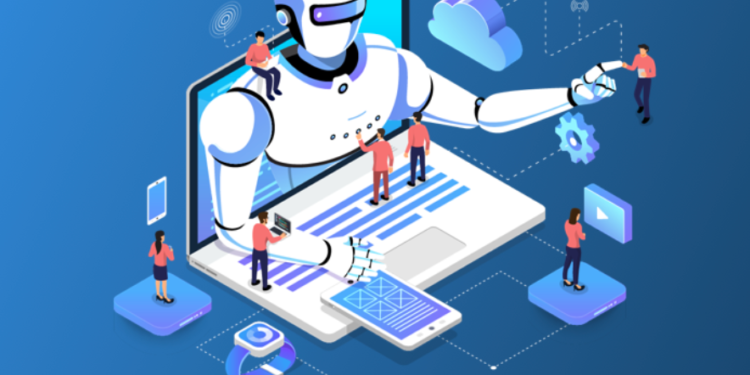The Future of AI: What’s Next in Artificial Intelligence
AI (Artificial Intelligence) has made a vast impact on our lives whether we realize it or not. From the way we search for things on the internet to the way data is organized for research, AI has made life easier, simpler, and more efficient. What’s next in AI technology and how will it impact our lives? Let’s take a closer look at the future of Artificial Intelligence.
Integration with Everyday Devices
AI technology is expected to become more integrated into our everyday devices. Smart homes, cars, and appliances will all use AI-powered systems to make life easier. Self-driving cars, robotic vacuums, and even refrigerators that can order groceries are just a few of the potential advances in AI-powered products. In the near future, AI may be used to further automatize tasks and allow us to focus on more human-centered activities.
More Flexibility and Autonomy
One of the key areas of advancement in AI is the development of more autonomous and flexible systems. Currently, most AI systems are programmed to carry out specific tasks or processes. In the future, AI will be able to self-learn, adjust their behavior based on feedback, and take independent action when needed. This will enable AI systems to become more efficient and make better decisions without human interaction.
Improved Speech Recognition and Natural Language Processing
Another important advancement in AI that’s expected to continue are improvements in natural language processing (NLP) and speech recognition. AI-based systems are becoming increasingly adept at understanding language and conversing with humans. This technology will open up a new world of possibilities from hands-free digital assistants to more effective customer support systems.
Increased Efficiency in Business and Research
AI technology is already being used in businesses and research to drive efficiency and provide better insights. With AI, businesses can analyze data more quickly and find patterns that are traditionally hard to uncover. AI can also help automate tasks and streamline processes so companies can become more efficient.
The Benefits of AI
The future of AI will bring immense benefits to society. Here are a few of the ways AI can improve our lives:
- Increase safety: AI technology can be used to enhance safety in the home and on the roads by identifying potential hazards and warning of potential disasters.
- Better healthcare: AI-powered systems can be used to detect and diagnose medical conditions more quickly and accurately.
- Reduce poverty: AI systems can be used to provide more efficient access to essential information and services, making it easier to reduce poverty and improve living conditions.
- Better education: AI systems can be used to quickly process and analyze data, helping educators make more informed decisions and improve the quality of education.
Conclusion
The future of AI holds a lot of potential for improving our lives. AI will become more integrated into everyday devices, more flexible and autonomous, and better at understanding language and processing data. With the advances in AI technology, businesses and researchers will be able to improve productivity, safety, and overall quality of life.








